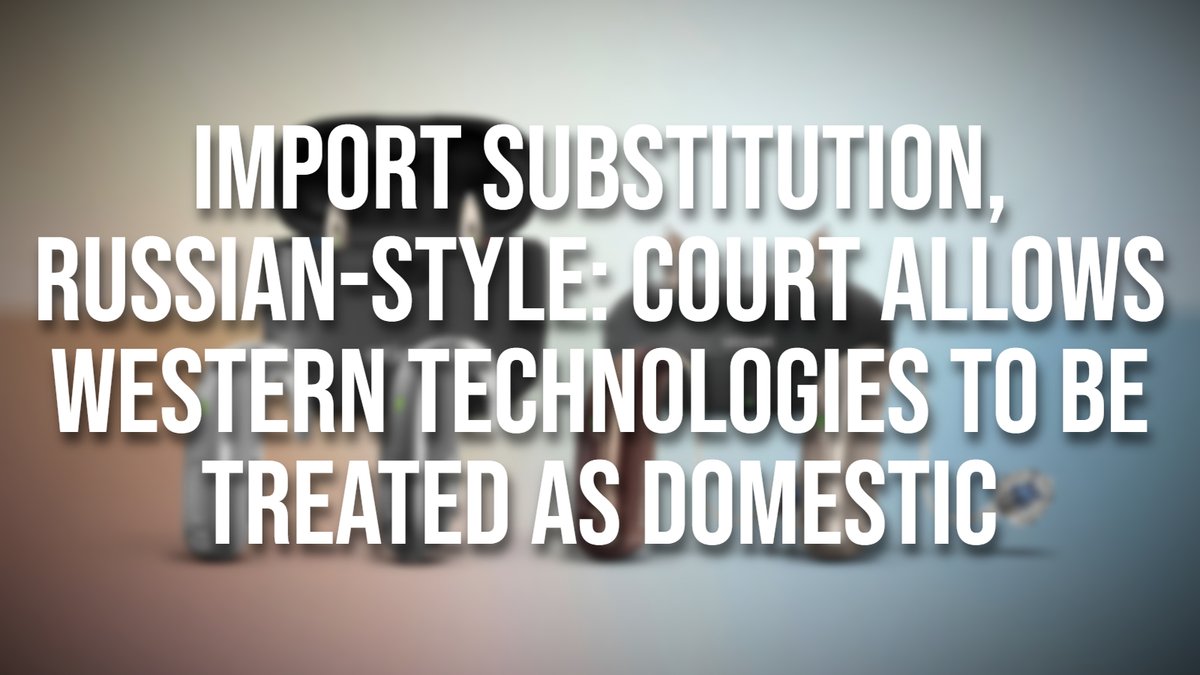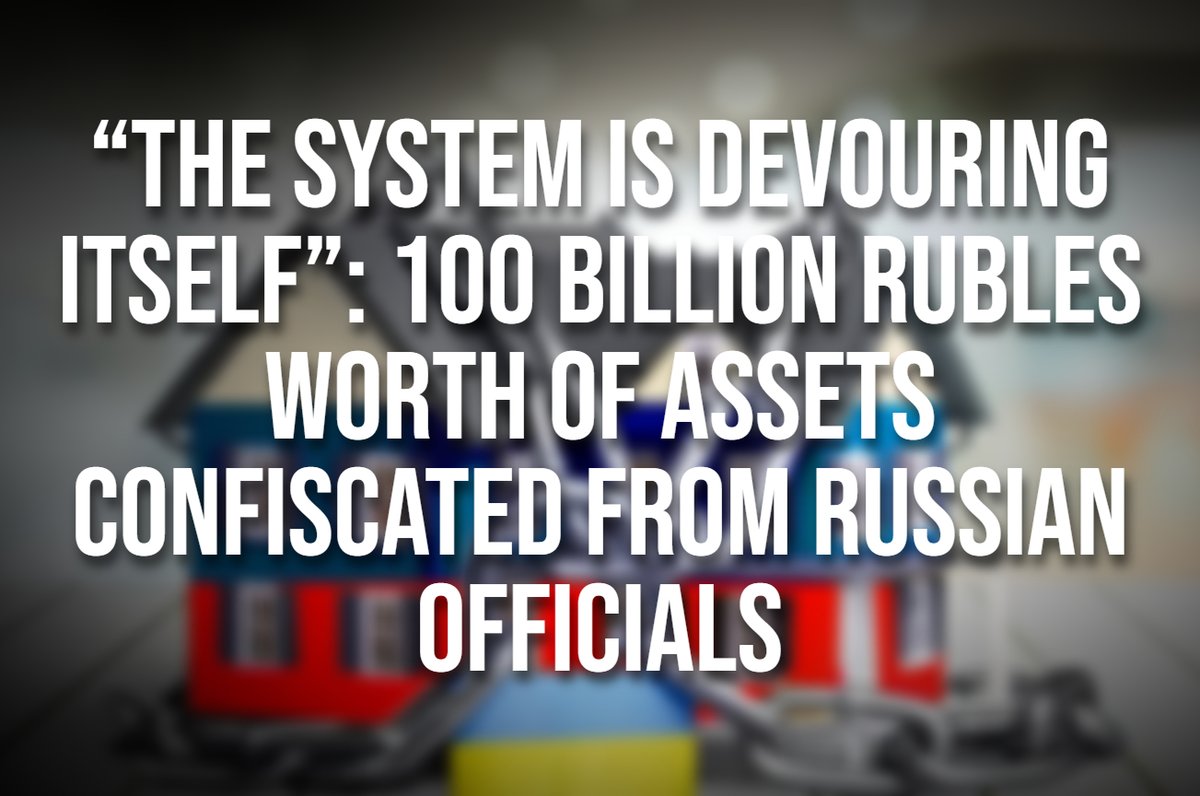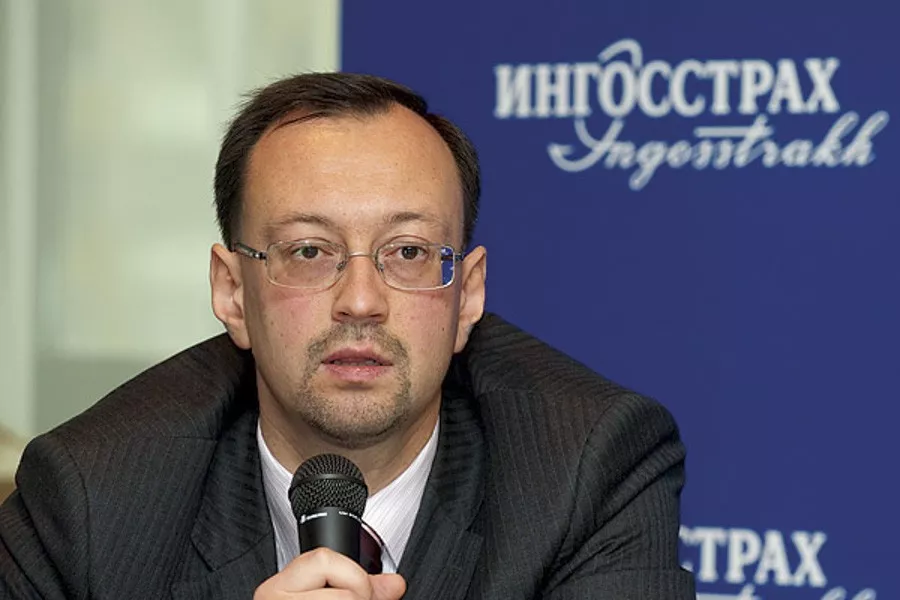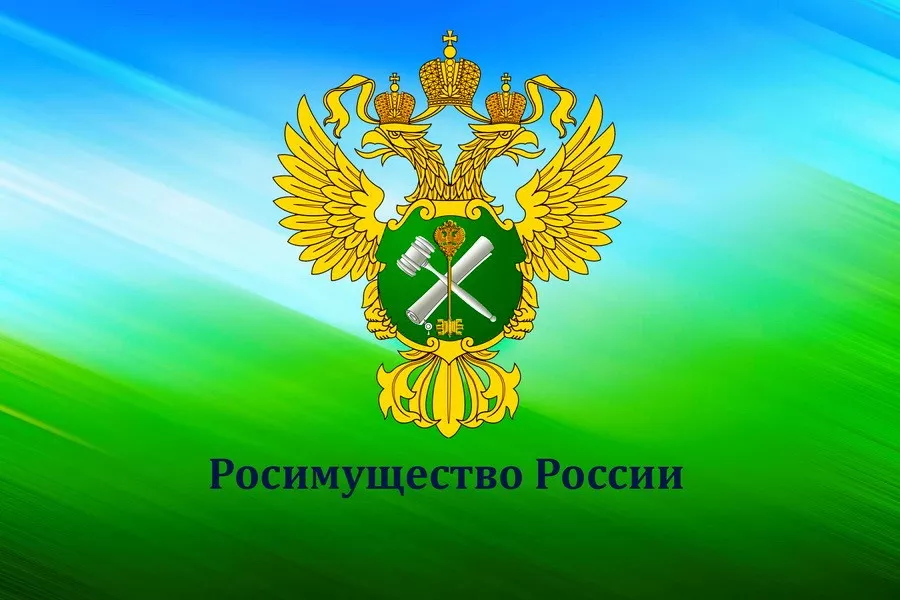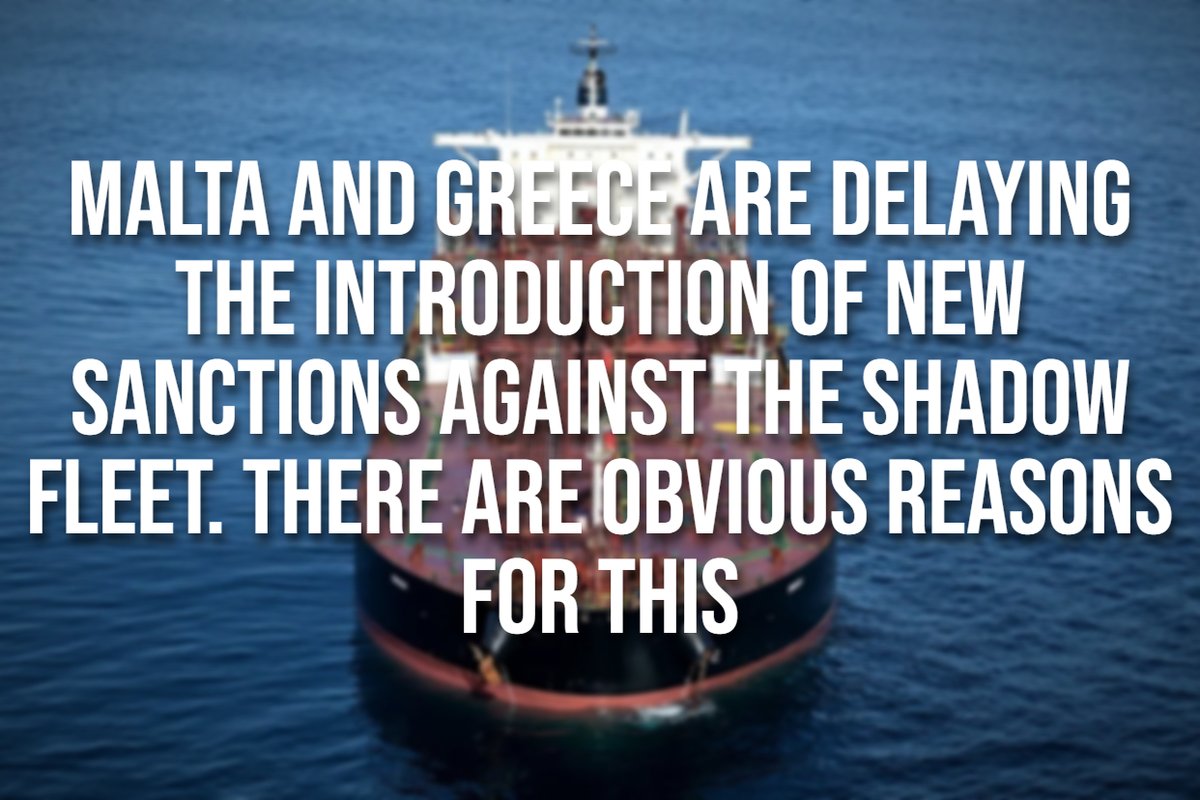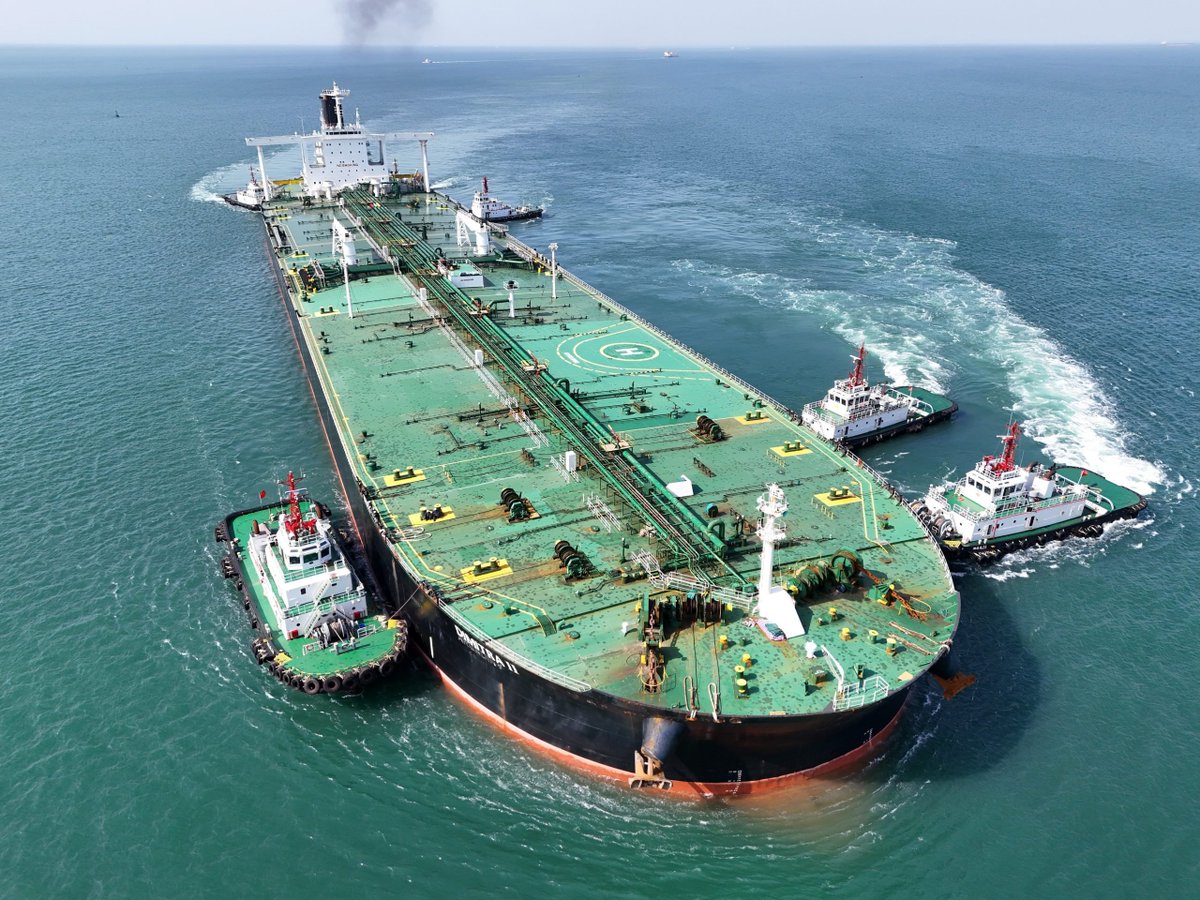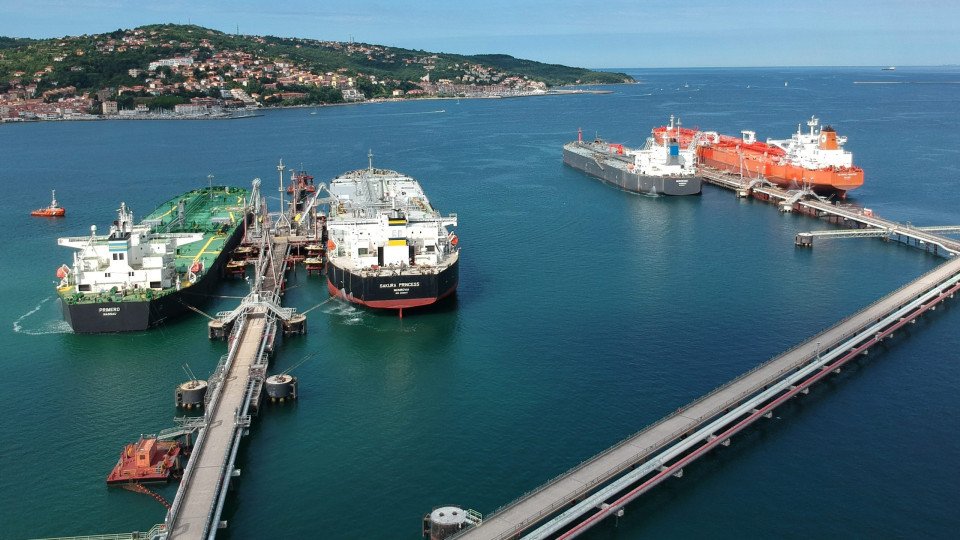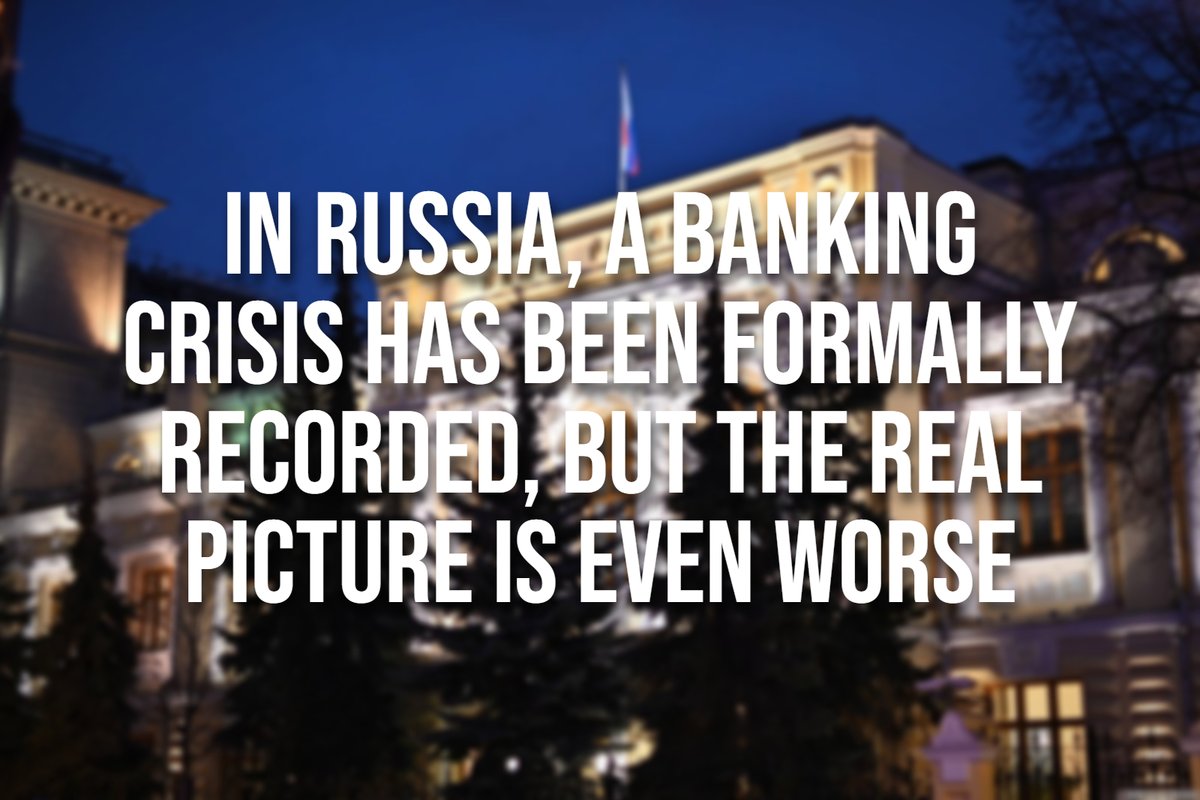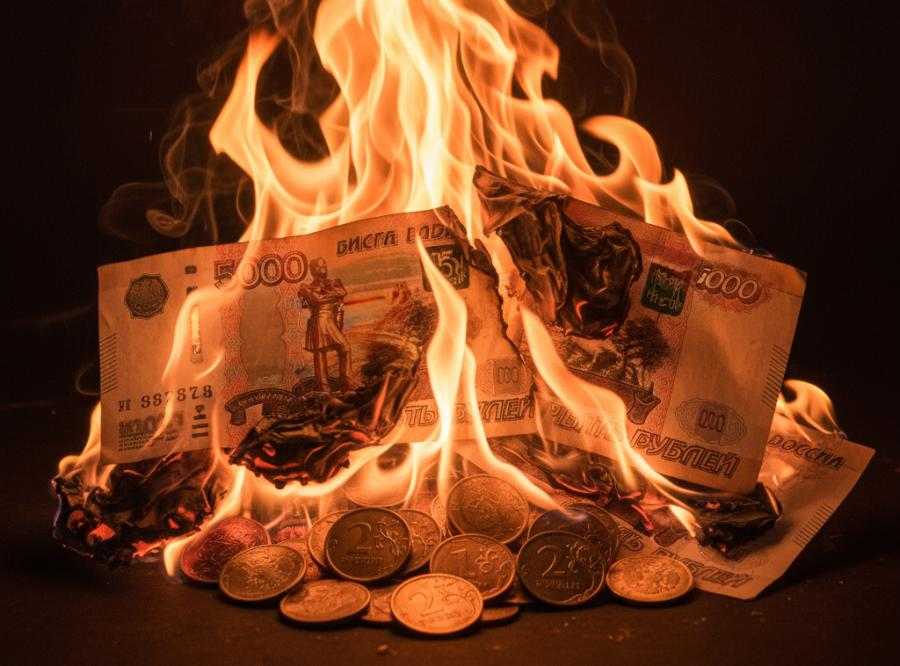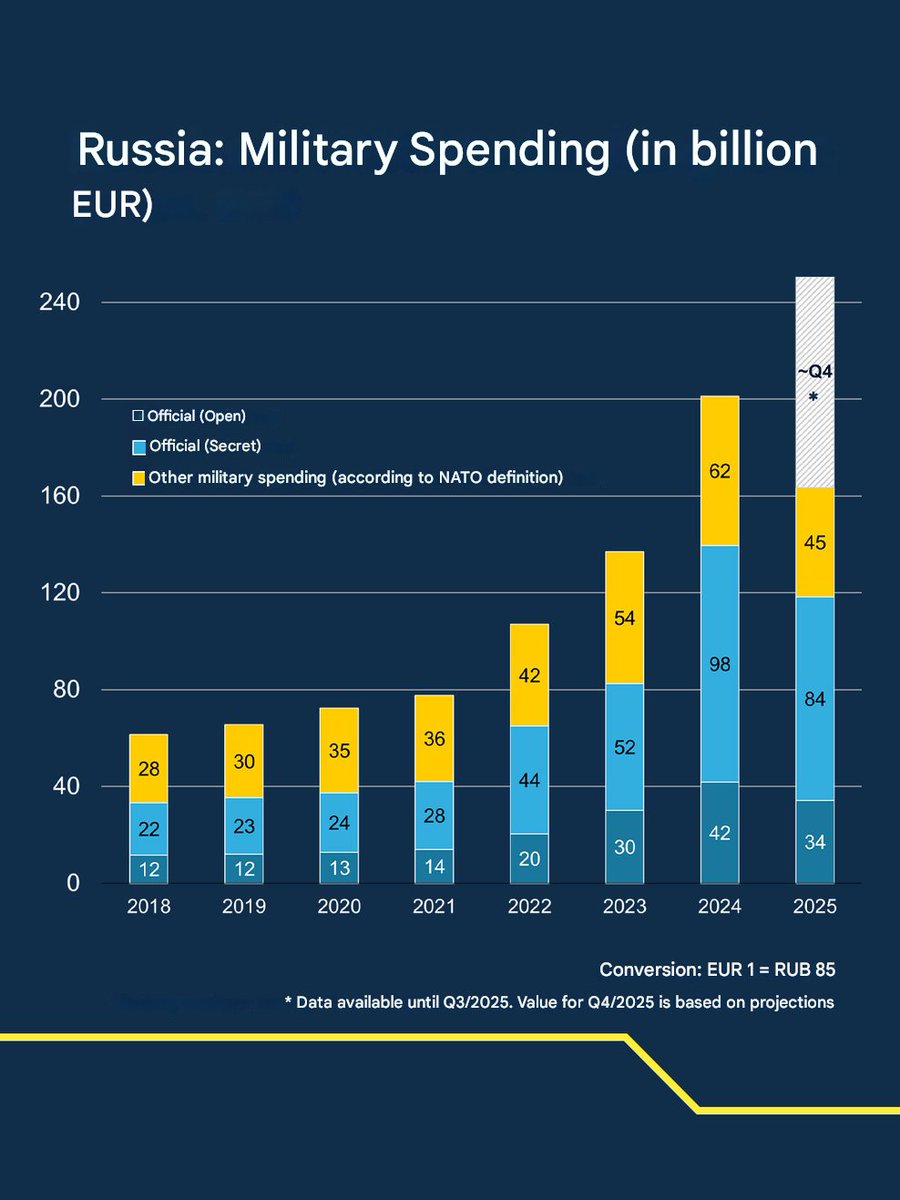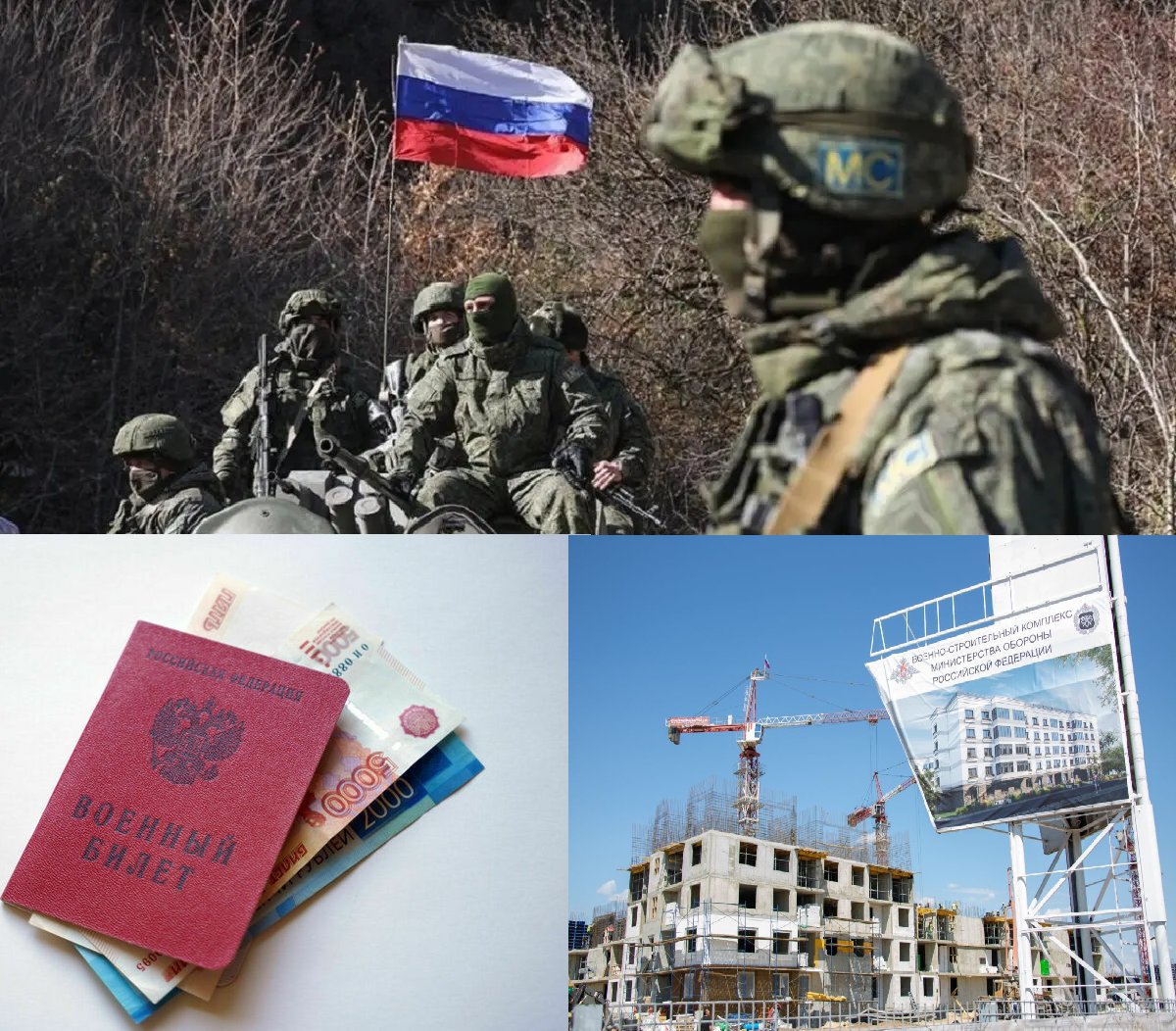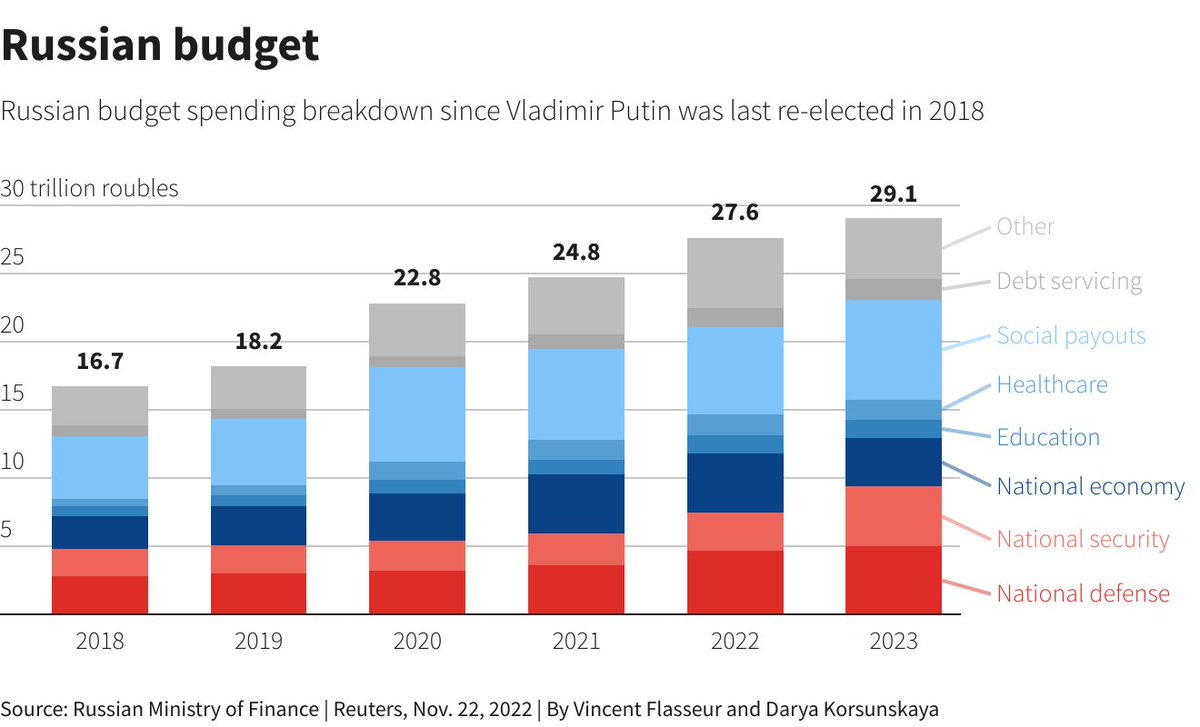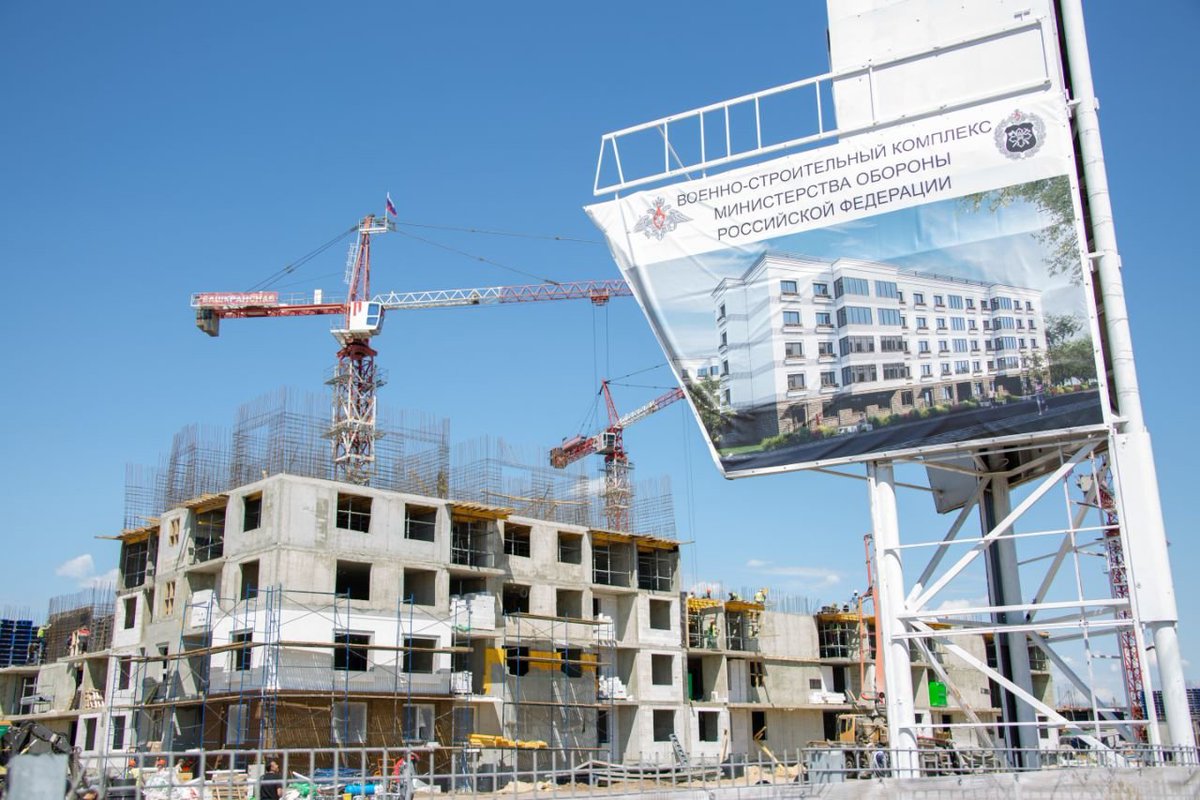After the pro-Kremlin Georgian Dream party won the elections in Georgia, the Kremlin began to implement a plan to integrate the unrecognized republics of Abkhazia and North Ossetia into Russia. However, it did not work out. After the local authorities in Abkhazia announced
1/7
1/7

an investment agreement with Russia, residents of the unrecognized republic took to the streets and seized the local government. Protesters surrounded the complex of government buildings and demanded the resignation of the head of the self-proclaimed republic, Aslan Bzhania.
2/7
2/7

Earlier, protesters tore down part of the fence with a car and entered the territory adjacent to the parliament building. The protesters threw eggs and bottles at the police, who in turn used smoke bombs. Shots were heard near the parliament. Eight people were injured during
3/7
3/7
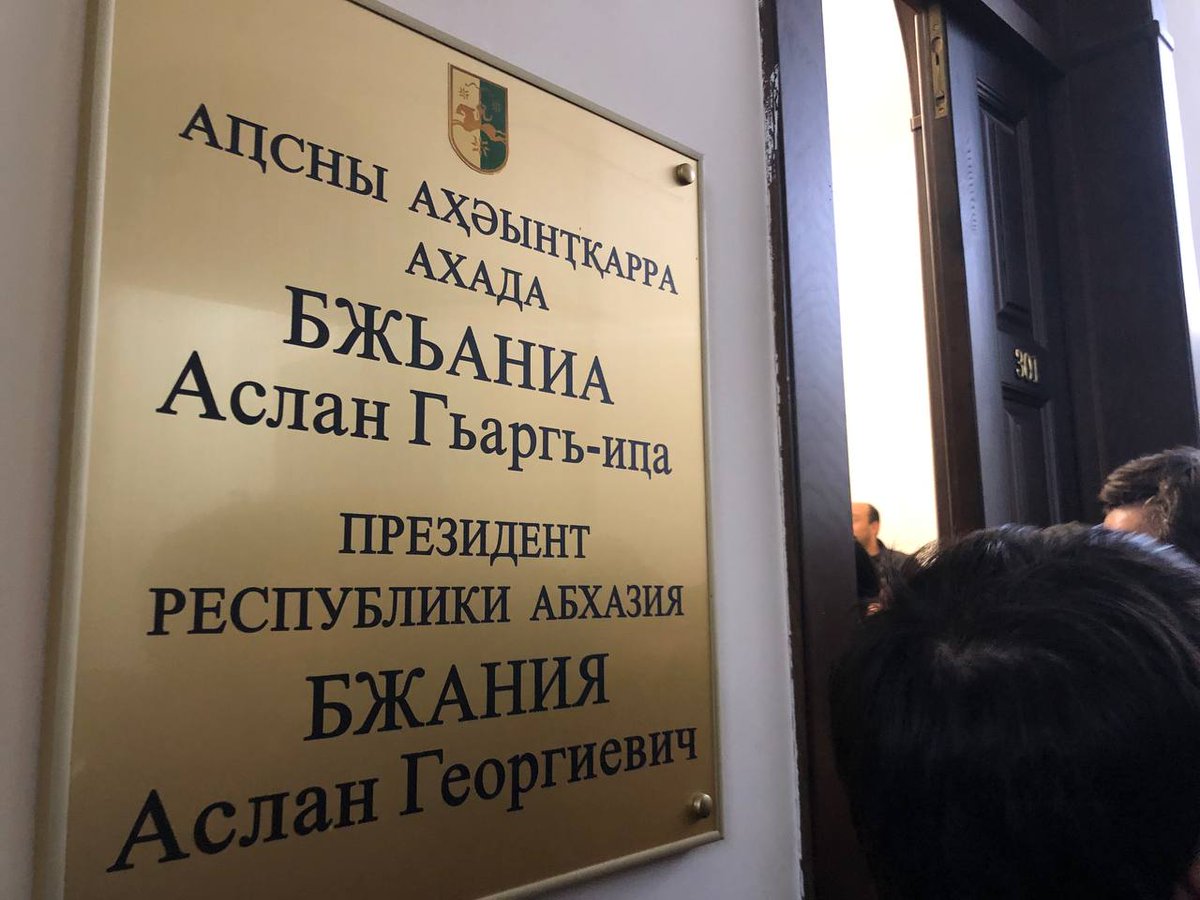
the protest - one remains in hospital, the rest were released. People continue to arrive. The protesters are behaving calmly, not causing much destruction. Apart from broken bars, fences and doors, the protesters did not touch anything. The protesters demanded to resume the
4/7
4/7
session and vote against the agreement. The head of Bzhania's personal security, the head of the Ministry of Internal Affairs and the chairman of the State Security Service, having come out to the protesters, promised to convey their demands. According to the Telegram channel
5/7
5/7
"Patriots of Abkhazia", Bzhania left the presidential administration building, which is located next to the parliament. The protesters chanted "deserter". Some of them entered the parliament building through the windows. A Russian flag was hung
6/7
6/7
next to the windows along with the Abkhazian flag. The Abkhazian administration is preparing a document on the withdrawal from parliament of the bill that caused popular unrest. The protesters say that they are going to remain inside the building until Aslan Bzhania resigns.
7/7
7/7

• • •
Missing some Tweet in this thread? You can try to
force a refresh



